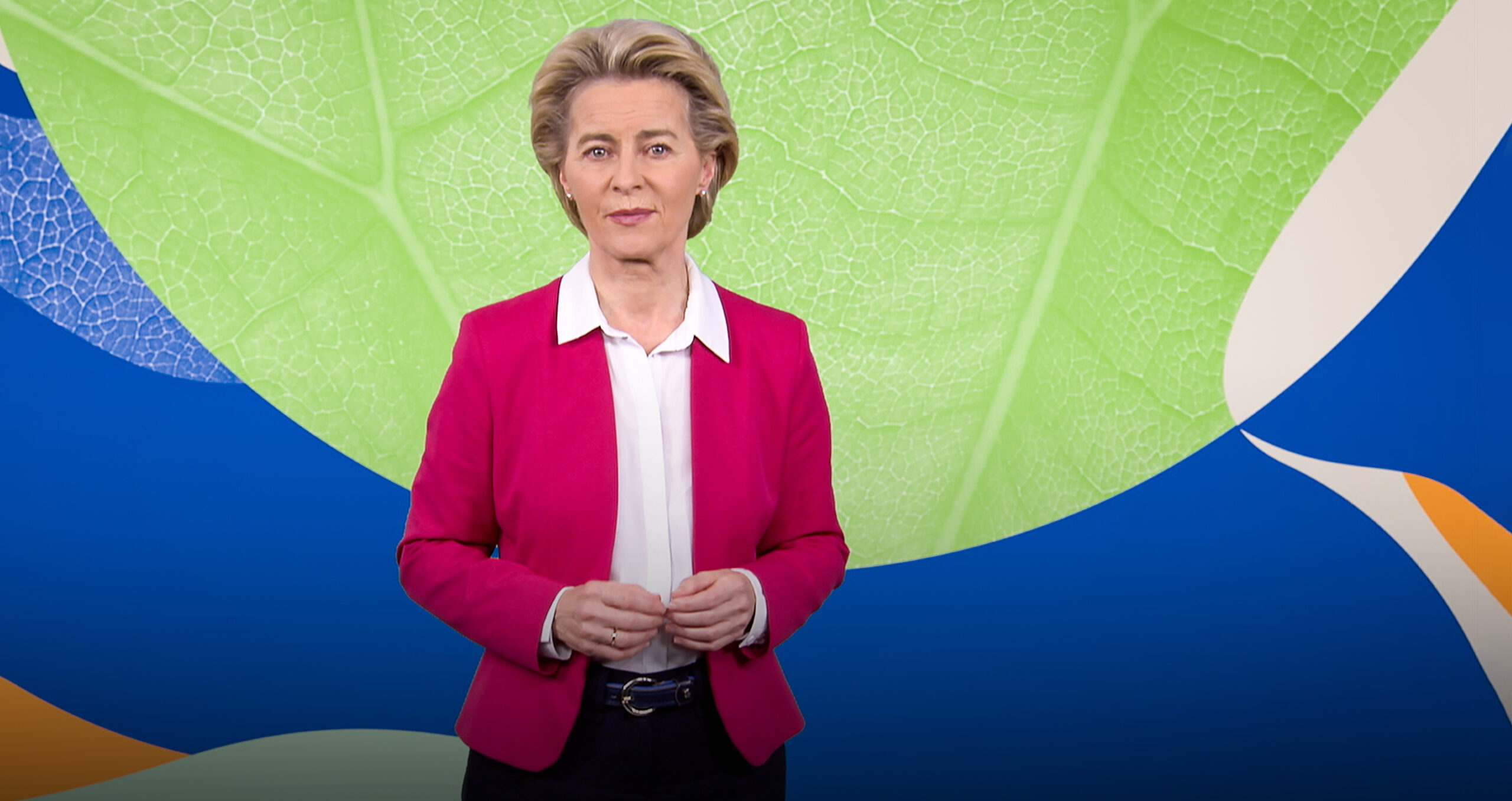The EU, it is now obvious to see, is not only a project contributing to peace but in equal measure one which depends on peace. As long as the world was comparatively stable, European decline was a rather comfortable affair. It did not seem to matter that economic power had shifted away from the old continent to China and the US. Nor was Brussels perturbed by the fact that the EU economy, having been larger than its competitor in 2008, now constitutes just 50% of the US economy. Even if Britain were to rejoin tomorrow, Washington’s economy would still be larger by a third.
Similarly, energy dependency on Russia or broader economic dependencies on Chinese markets were seen less as risk factors, more as successful elements of a joint European foreign policy. Now it turns out that this stability was nothing more than an illusion, and the return to reality is more difficult than many realise. Take, for example, decoupling from China. The move would be “unthinkable for almost all of German industry”, according to Mercedes-Benz CEO Ola Källenius, a sentiment shared by Belen Garijo, chief executive of the science company Merck.
Also doubtful is how easy the decoupling from Russian energy will be in the long run. The EU is an economic giant with feet of clay as far as energy is concerned. The share of global oil production is less than 0.4%, 2.3% for natural gas, and only 3.8% for coal. Optimists might say that these fossil fuels will soon be replaced by renewables anyway, but unfortunately electric vehicles, solar panels, and wind turbines are more resource-intensive than current technologies. The necessary minerals and rare earths are just as scarce in Europe as coal, oil and gas, so whatever benefits renewables might bring, geopolitical independence will not be one.
The EU has woken up to the problem, and is now demanding more autonomy in energy, food, water and raw materials. Europeans, however, are also finding out that it will be an almost impossible task to simultaneously pursue autonomy in these areas while promoting its green agenda — which calls for less energy production, less farming, and less mining. Indeed, this week the European Climate Neutrality Observatory warned that the EU is currently on course to miss its climate neutrality target in 2050. Most countries still enact strict bans on fracking and, just a few days ago, the Dutch government closed down Groningen’s natural gas field, the largest in the EU. In addition, Brussels — under pressure from Germany — continues to drag its feet over embracing nuclear power, which could bring some relief from gas dependency for electricity production.
It is also not clear how forcing French and Irish farmers to reduce their livestock or going to war with Dutch farmers over environmental goals will increase European food security. The same applies to the ambitious “Nature Restoration Law”, which was criticised for its potentially negative impact on European agriculture by some members of the European Parliament.
Sometimes it feels as if the EU is suffering from a collective case of cognitive dissonance, because otherwise it is hard to explain how Brussels plans to “restore nature” and call for more mining without seeing the contradiction. There is simply no way to achieve both goals simultaneously. At some point the EU will have to make a decision, because it cannot muddle through forever.











Join the discussion
Join like minded readers that support our journalism by becoming a paid subscriber
To join the discussion in the comments, become a paid subscriber.
Join like minded readers that support our journalism, read unlimited articles and enjoy other subscriber-only benefits.
Subscribe